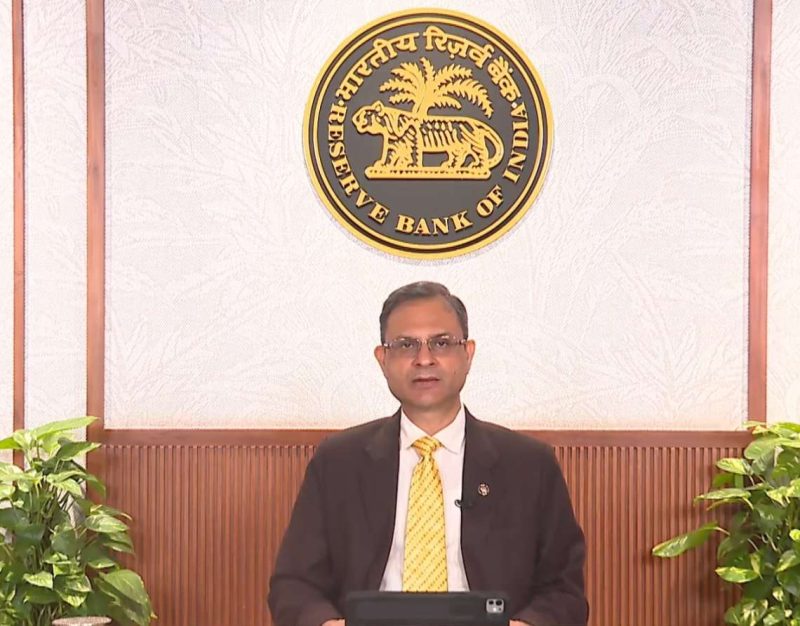According to the study, around 62 per cent of these organisations say that the security incidents have impacted their business operations…reports Asian Lite News
Cybersecurity resilience has emerged as the top priority for companies in India as they look to defend themselves against a rapidly evolving threat landscape.
Around 62 per cent of these organisations say that the security incidents have impacted their business operations. This was revealed in the latest edition of Cisco’s annual study, ‘Security Outcomes Report’ launched on Wednesday in Melbourne.
Titled, ‘Security Outcomes Report, Volume 3: Achieving Security Resilience’, the study identifies the top seven success factors that boost enterprise security resilience, with a particular focus on the cultural, environmental, and solution-based factors that businesses leverage to achieve security. The findings are based on survey responses from over 4,700 participants across 26 countries.
Resilience has emerged as the top priority since a staggering 61.5 per cent of organisations surveyed said they had experienced a security event that impacted business in the past two years. The leading types of incidents were network or data breach (69.1 per cent), network or system outages (55.3 per cent), malicious insider abuse (50.4 per cent) and accidental disclosure (47.2 per cent).

These incidents resulted in severe repercussions for the companies that experienced them, along with the ecosystem of organisations they do business with. The leading impacts cited include IT and communications interruption, supply chain disruption, response and recovery costs and lasting brand damage.
With stakes this high, it is no surprise that almost all executives (99 per cent) surveyed for the report said that the security resilience was a high priority for them. The findings further highlight that the main objectives of security resilience for the security leaders and their teams are to contain the spread or scope of security incidents, adapt to unexpected external change events or trends, and to continue to mature and improve security capabilities.
“Digitization has been fast-tracked for several years, bringing new opportunities for people, businesses, and communities. However, to ensure that this progress is not delayed or derailed, it must be accompanied by a sharp focus on and investments in security. Their ability to anticipate, detect, respond to, and recover quickly from cyber threats and attacks will be at the heart of companies’ efforts to build resilience in a dynamic world,” said Samir Mishra, Director, Security Business, Cisco India & SAARC.
“Security resilience allows companies to optimize their resources and prioritize areas that add the most value to their business today and are critical to their success in the future,” he added.
Meanwhile, the report said that the companies whose technology infrastructures are either mostly on-premise or mostly cloud-based had the highest, and nearly identical, security resilience scores. However, businesses that are in the initial stages of transitioning from an on-premise to a hybrid cloud environment saw scores drop between 8.5 and 14 per cent depending on how difficult the hybrid environments were to manage.
Further, businesses reporting an excellent security culture scored 46 per cent higher on an average than those without. Globally, the companies that reported implementing a mature Zero Trust model saw a 30 per cent increase in resilience score compared to those that had none.
“The Security Outcomes Reports are a study into what works and what doesn’t in cybersecurity. The ultimate goal is to cut through the noise in the market by identifying practices that lead to more secure outcomes for defenders,” said Jeetu Patel, executive vice president and general manager of security and collaboration at Cisco.
“This year, we focus on identifying the key factors that elevate the security resilience of a business to among the very best in the industry,” said Patel.














